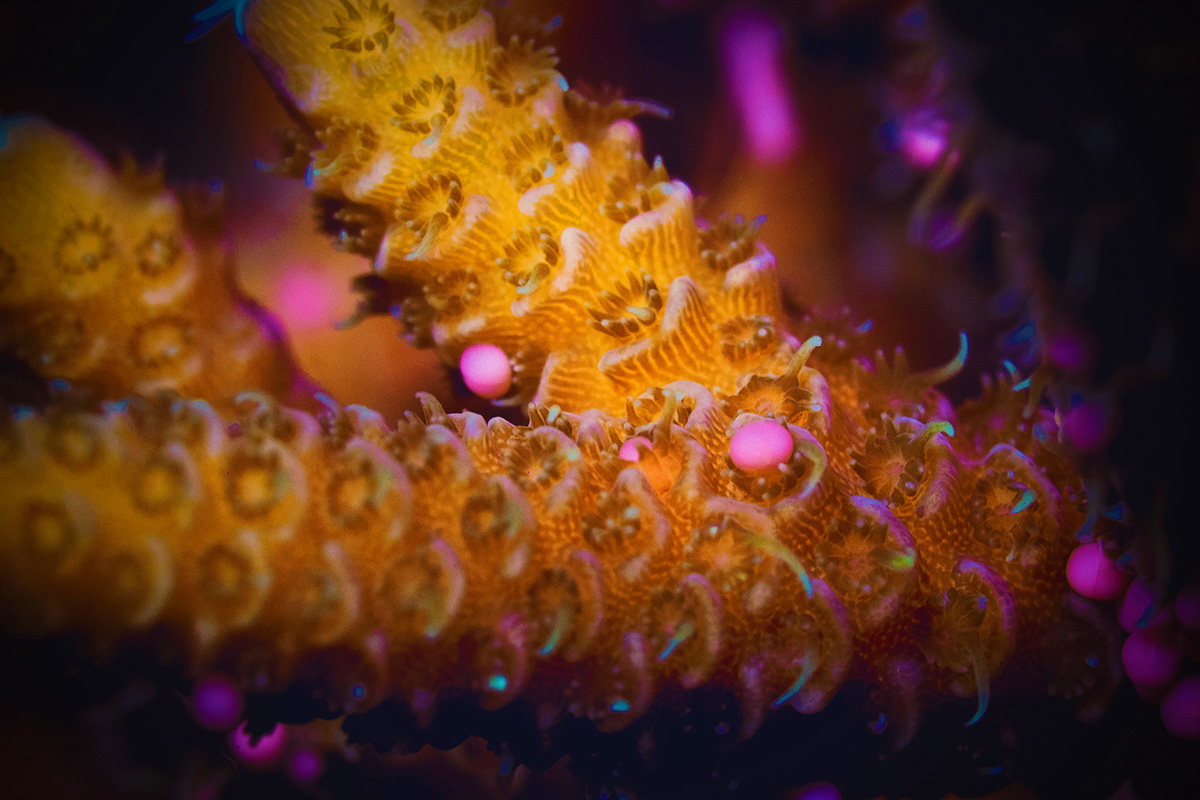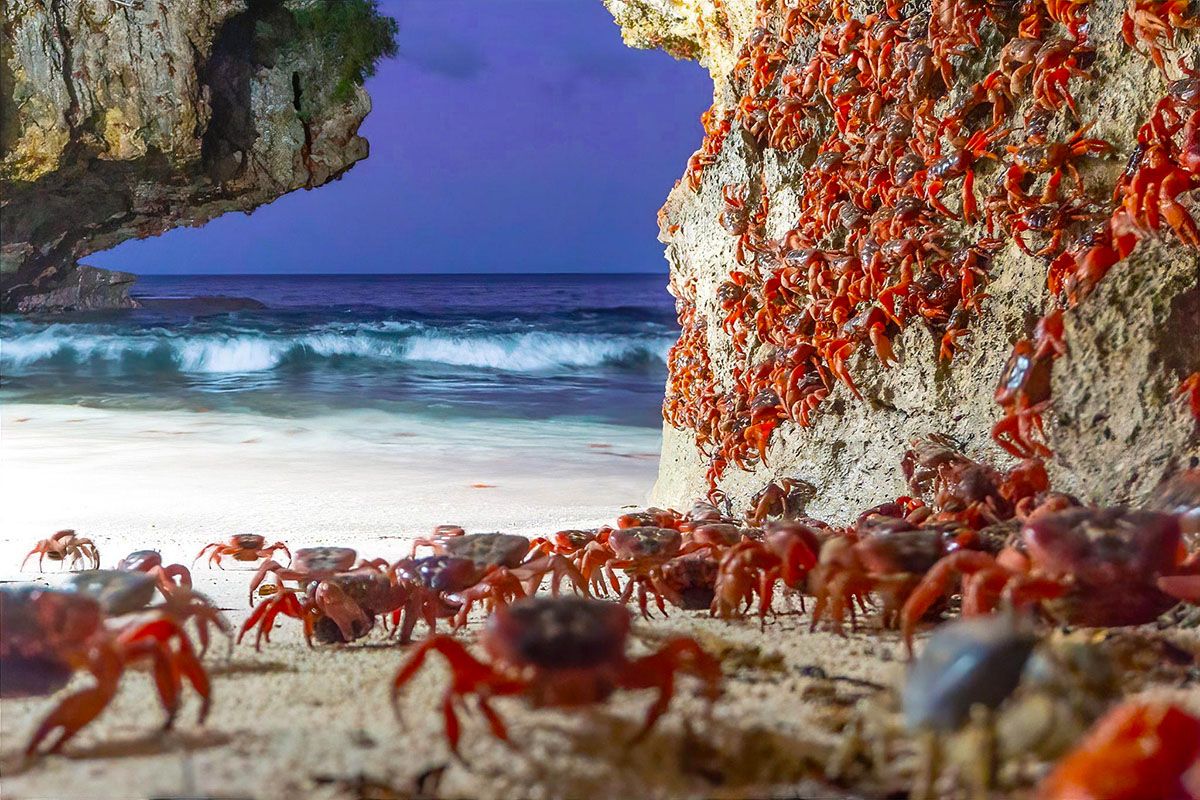A day in the life of production travel with TAG is a whirlwind of excitement and challenges. As seasoned experts in the film and TV industry, they’re no strangers to managing the unexpected — from last-minute changes to navigating seasonal demands and unpredictable weather conditions.
TAG’s production department specialises in more than large scale film travel; it also has numerous agents who are experts in documentary travel. The team recognises that various types of productions require distinct, expert skill sets, and they pride themselves on fitting the perfect staff to each production.
When it comes to nature documentary filming, their skills are truly put to the test. Take, for instance, TAG’s involvement in a breathtaking documentary where they embarked on a journey to capture the mesmerising Great Barrier Reef during coral spawning season. This annual natural spectacle, synchronised with lunar cycles and water temperatures, unfolds over a period of 2-7 days, typically in October or November.

Alli Pratt, TAG’s Director of Production, recalls the intricate planning involved: “Timing was everything. We had to be poised and ready, anticipating the precise moment when the coral would spawn. We held multiple flights, negotiated with airlines on last minute excess baggage, and secured flexible hotel accommodations to align with this elusive event.”
TAG’s strong relationships with suppliers proved invaluable. By transparently communicating the production’s unique needs, they garnered their unwavering support. The result? A stunning portrayal of the coral reef that they’re immensely proud to have contributed to.
In another remarkable endeavour, Tracie Foster, TAG’s Senior Entertainment Specialist, assisted the team to capture the awe-inspiring crab migration on Christmas Island. Picture tens of millions of red crabs embarking on an journey from the island’s interior to the coast for mating and spawning.

Filming in such a remote location came with its own set of challenges. Limited accommodations, unpredictable weather, and the surge in demand from tourists all added layers of complexity to mitigating risks.
“There was a surge in demand for travellers to witness the crab migration, resulting in inflated prices and scarce availability for accommodations and flights. The island’s remote location meant there were fewer direct flights and longer travel times, involving multiple layovers and transfers; this added complexity to the booking,” Foster explained.
Transporting documentary equipment to a remote location like Christmas Island also required special arrangements with airlines and pre-arranged approvals.
“The flights are used for the delivery of all the islands supplies. Booking space and not using it meant that we could be taking up space of much needed supplies.”
Tracie Foster, Senior Entertainment Specialist, TAG
Despite the hurdles, witnessing the final documentary come to life made it all worthwhile. “This production may have thrown more challenges our way than we are used to,” explains Foster, “but the end result was nothing short of extraordinary.”
To learn more about how TAG can support your next production, visit their website.
Cover image credits:
Heart Reef: Marlène BOUGARD,
Christmas island Crab: MD RUBEL MIA
Great Barrier Reef: Shifaz Abdul Hakkim





